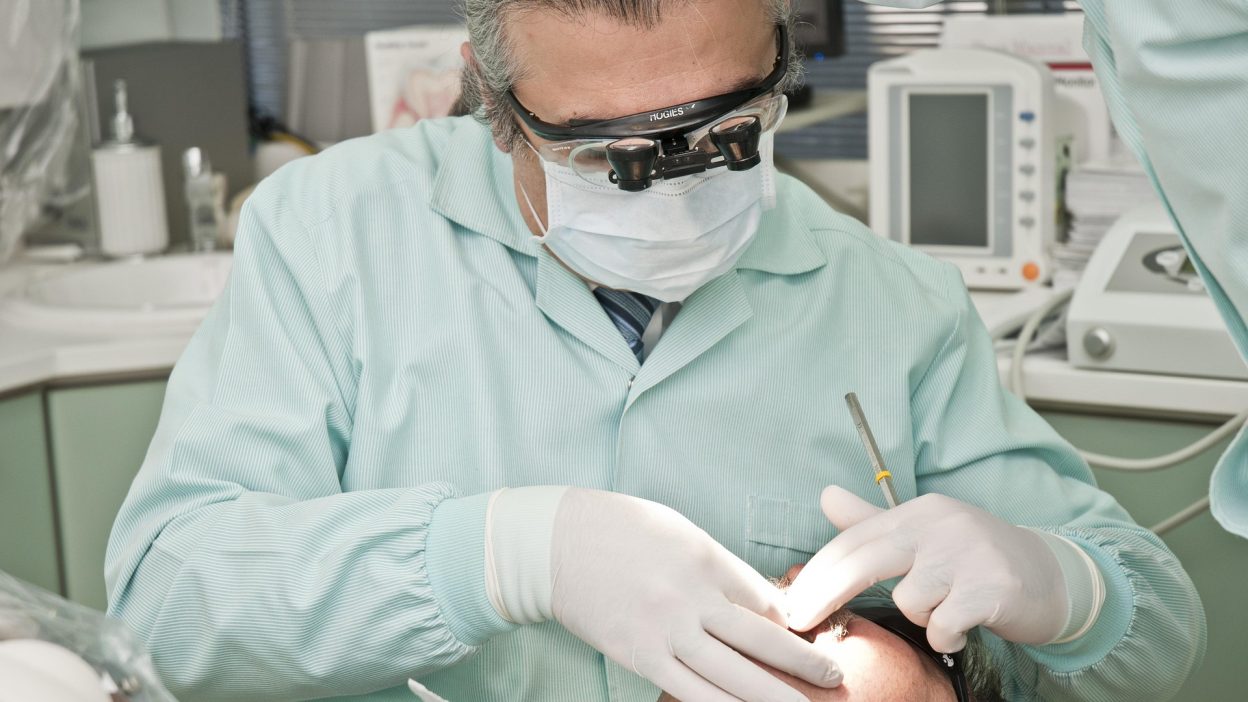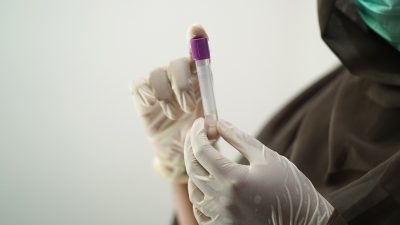Oral Hygiene, Dental Health, Teeth Care, Plaque Prevention, Gum Disease
Ever wondered what happens when you stop brushing your teeth for a year? Discover the surprising consequences and alternative methods to maintain oral hygiene in this detailed blog.
What Happens If You Stop Brushing Your Teeth for a Year?
Maintaining good oral hygiene is a daily task we often take for granted. But what would happen if you stopped brushing your teeth entirely for a year? From bad breath to tooth decay, the consequences are startling and go beyond just your smile. Let’s take a deep dive into what happens when you abandon brushing and explore alternative methods to keep your teeth healthy.
The Consequences of Not Brushing Your Teeth for a Year
1. Bacteria Build-Up
The first noticeable issue is the accumulation of bacteria in your mouth. Within just 24 hours of skipping brushing, food particles get lodged between your teeth, creating a breeding ground for bacteria. Over time, this results in a sticky, colourless film known as plaque.
If plaque is not removed, it hardens into tartar, which clings stubbornly to your teeth and gums. This tartar causes painful inflammation and serves as the perfect habitat for harmful bacteria.
2. Gum Problems
Skipping oral hygiene for a year can lead to gingivitis, a mild form of gum disease characterised by swollen, tender, and bleeding gums. While gingivitis is reversible with professional dental care, untreated gingivitis can evolve into periodontitis—a severe bacterial infection that erodes the bones supporting your teeth.
3. Persistent Bad Breath
Bad breath, or halitosis, would become your constant companion if you stopped brushing for a year. The accumulated bacteria release a potent odour, similar to morning breath but persistent 24/7. Ignoring bad breath could also mean overlooking other health warnings, such as kidney issues or underlying infections.
4. Tooth Demineralisation and Decay
Over time, your teeth lose vital minerals like calcium and phosphate, weakening your enamel. This accelerates tooth decay and puts you on the path to losing both enamel and supporting bones. Although it’s unlikely your teeth would fall out within a year, you’d certainly be at high risk in the long term.
5. Impact on Social Life
Poor oral hygiene doesn’t just affect your health—it impacts your social interactions too. Persistent bad breath and discoloured teeth could lead to nicknames like “old landfill breath” and increased self-consciousness, affecting your relationships and confidence.
Can You Maintain Oral Health Without Brushing?
If brushing is off the table, there are alternative ways to take care of your teeth. Here are four methods that could help:
1. Use Mouthwash
Therapeutic mouthwashes containing alcohol, chlorhexidine, or fluoride can fight plaque, prevent gingivitis, and keep bad breath at bay. Fluoride-based mouthwash also helps reduce tooth demineralisation and cavities. However, the American Dental Association (ADA) recommends that children under six avoid mouthwash due to the risk of swallowing it.
2. Floss Regularly
Flossing is more effective than brushing for removing plaque between teeth and near the gums. According to experts, flossing once a day prevents gum disease and removes debris from hard-to-reach areas. If you skip brushing but continue to floss, you might avoid severe oral issues in the short term.
3. Avoid Sugar
Dentists agree that reducing sugar consumption is one of the best ways to prevent cavities. Sugary foods and drinks feed harmful bacteria in your mouth, leading to the production of acids that weaken your tooth enamel. Steering clear of sugary snacks like sodas and cakes not only benefits your teeth but could also lead to weight loss.
4. Eat Tooth-Friendly Foods
Certain foods can naturally improve your oral health. For instance:
- Apples: Their alkaline content and natural abrasiveness help remove stains and keep your teeth clean.
- Pineapples: Contain bromelain, an enzyme found in whitening toothpaste.
- Strawberries: Rich in malic acid, which prevents gum inflammation.
- Orange Peels: Rubbing the inside of an orange peel on your teeth can whiten them naturally, thanks to a compound called limonene.
Why You Should Stick to Brushing
While alternative methods can temporarily mitigate the damage, the safest and most effective approach remains brushing your teeth twice a day. The ADA recommends brushing and flossing daily to remove plaque, protect enamel, and keep your gums healthy. If you’re considering a change in your oral hygiene routine, visit your dentist to develop a plan tailored to your lifestyle.




